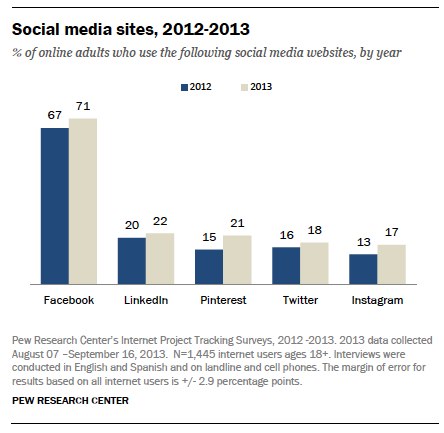Back in December I gave a brief talk at the morning prayers service, a Harvard tradition since its founding in 1636 (more here). Many thanks to Jonathan Walton, the Pusey Minister of Harvard’s Memorial Church and the Plummer Professor of Christian Morals in the Faculty of Arts & Sciences for the invitation to speak at morning prayers. If you’re interested in the writer Flannery O’Connor, either this prayer journal or this biography are great places to start.
Good morning. Today’s reading comes from the prayer journal of Flannery O’Connor:
What I am asking for is really very ridiculous. O Lord, I am saying, at present I am a cheese, make me a mystic, immediately. But then God can do that — make mystics out of cheeses. But why should He do it for an ingrate, slothful & dirty creature like me. I can’t stay in the church to say a Thanksgiving, even, and as for preparing for Communion the night before — thoughts all elsewhere. The rosary is mere rote for me while I think of other, and usually impious, things, But I would like to be a mystic, and immediately.
Flannery O’Connor kept a prayer journal from 1946-47, begun when she was all of 20 years old. At the time, she was attending the Iowa Writer’s Workshop, where she studied under Paul Engle in an intoxicating atmosphere of competitive creativity. O’Connor was also a daily communicant at St. Mary’s, wrestling with living out her Catholic faith in a diverse, intellectual community. Iowa was a place where Savannah-born O’Connor would have for the first time seen African Americans interacting freely with whites. She would have met GIs returned recently from Europe and Asia, come to study at the university under the GI bill. As she is exposed to new ideas and begins writing her novel Wise Blood, O’Connor documents her both base desires and fervent hopes in this prayer journal.
Why does O’Connor speak of “cheese” and of a “mystic”. The former is easy — the journal is has several rueful references to her stomach and her appetite, and her not-always-successful governance of the latter.
But why does she mention a mystic? Modern definitions of Catholic mysticism portray a human soul in intimate union with the Divinity. Most importantly, this extraordinary, personal union is unmerited and God-given, one that no human effort or exertion can produce. Mysticism is a kind of grace on steroids, and O’Connor remains among the most adept literary observers and proponents of grace.
O’Connor’s prayers portray a vivid juxtaposition of her earthly foibles and aspirations with her longing for and recognition of grace. She yearns to be a published writer, and to overcome her all-too-human weaknesses. This would include her habit of saying, as she put it, “many many too many uncharitable things about people everyday…because they make me look clever.” As direct and unaffected as these prayers seem, it’s very likely that the handwritten journal was extensively edited with entire sections excised and carefully emended. These are heartfelt prayers, but prepared painstakingly for human consumption. At the same time O’Connor acknowledges her own mortal efforts are subjugated to the role of God’s hand. After finishing a strong piece of writing, O’Connor tells God that she is “nothing but the instrument of Your story, just like the typewriter was mine.”
How does this balance of studied, human effort and entreaties for grace apply to us here today?
Being at Harvard has a way of inspiring self-doubt in the face of so much seemingly effortless brilliance. Who among us, faced with the energy and intellectual achievement of so many in this community, does not secretly fear themselves to be a prosaic cheese surrounded by mystics? We fear we are plodding along, lurching from lecture to essay to attain mastery while others are easily communing with an intellectual higher power. I can imagine that Flannery O’Connor, steeped in an atmosphere of writers and heady, public critique, experienced the same anxiety. Her struggle is our common struggle — to see the brilliance in others and strive for same in a messy, human way, while recognizing we are but vessels for God’s grace.
Today we celebrate the last service of morning prayers before the Christmas break. May God’s grace be with you, cheeses and mystics alike, through this season of Advent, and always.


No comments yet.